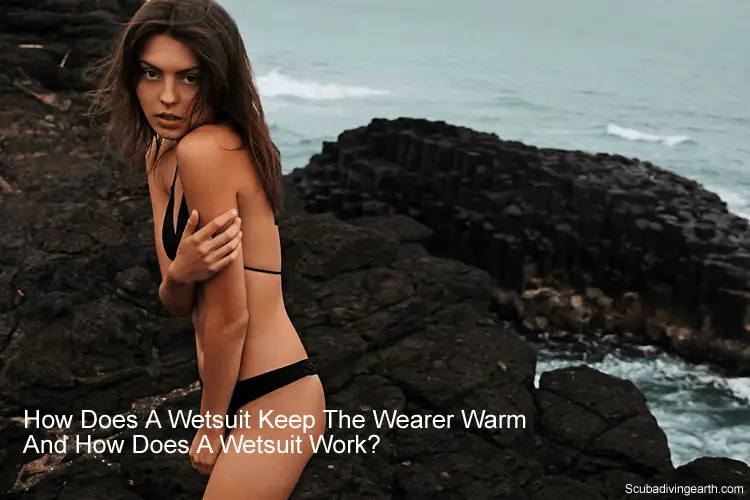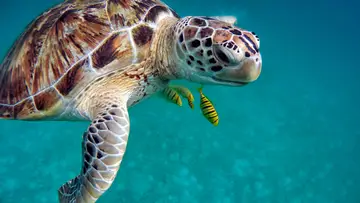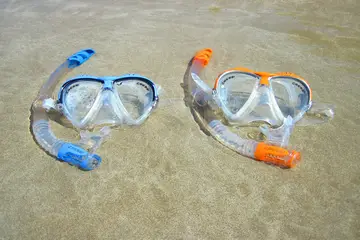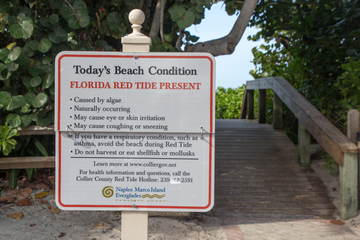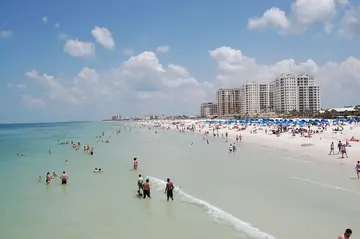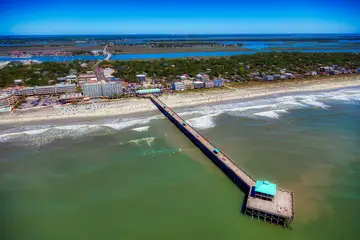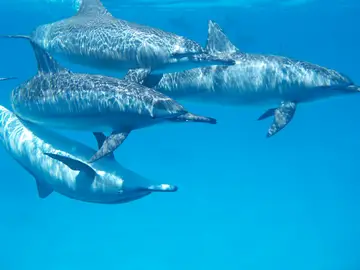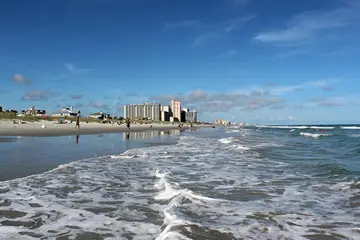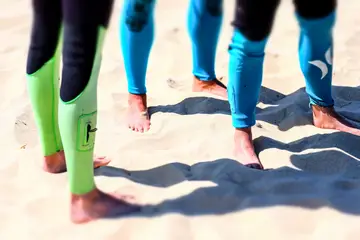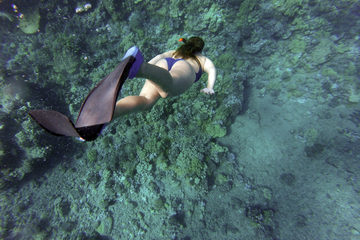Do You Need A Wetsuit In 70 Degree Water? (That’s 70°F or 21°C)
Whether you need a wetsuit in 70-degree water depends on various factors, including personal preference, your tolerance to cold, and the duration of your water activities. In general, 70-degree water is considered relatively warm and may be comfortable for many people without a wetsuit.

